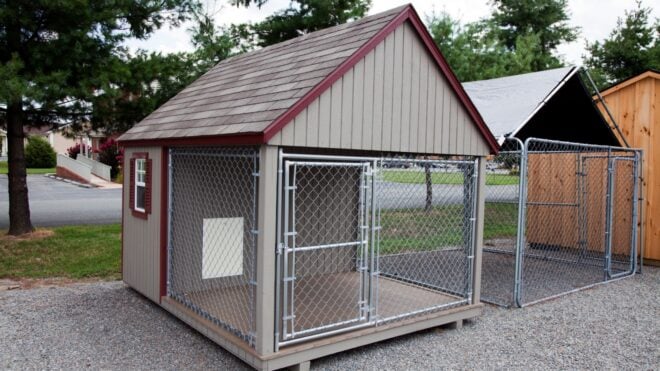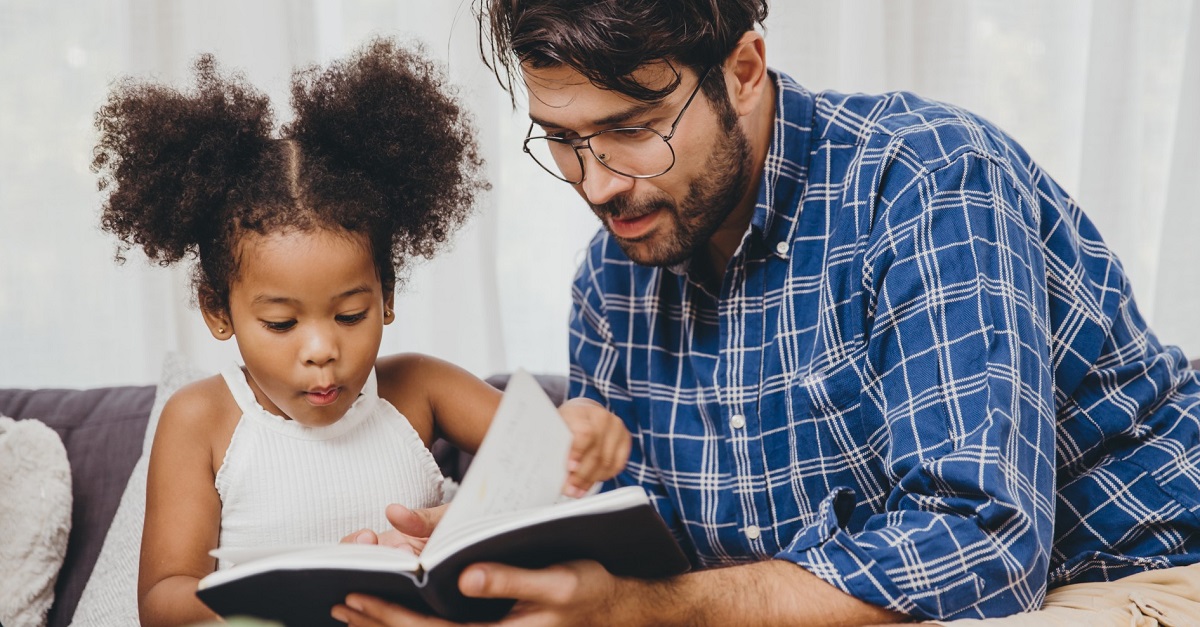
Back when I was growing up, history wasn't one of my favorite school subjects. Probably because a lot of it seemed a little dry and boring to me. Also, it seemed like every year we covered the same material. Ancient Egypt was a big one. While Egypt may be fascinating to many, I was always disappointed that the class never made its way to current events. Or even discussed presidents after Calvin Coolidge.
While kids may find mummies fascinating, they're not very relatable. They're important to learn about, but they're easy to forget about once you graduate. That's why it's important to make sure your children have a well-rounded education on a variety of topics. Right now, we're living in quite an interesting period of time. But children may not actively learn about it for 30 years due to the way certain curriculums are laid out.
It's more important now than ever before to brush up on current events. Children are our future, and it's important for them to know about the world they actually live in.
Even if you're a little tired of homeschooling, teaching history to your kids can be a lot of fun. History is all around us. From buildings to statutes to laws put in place. It may be one of the easiest and most interactive subjects to explore. Here are nine fun ways to navigate through history with your kids.
1. Go to a Museum
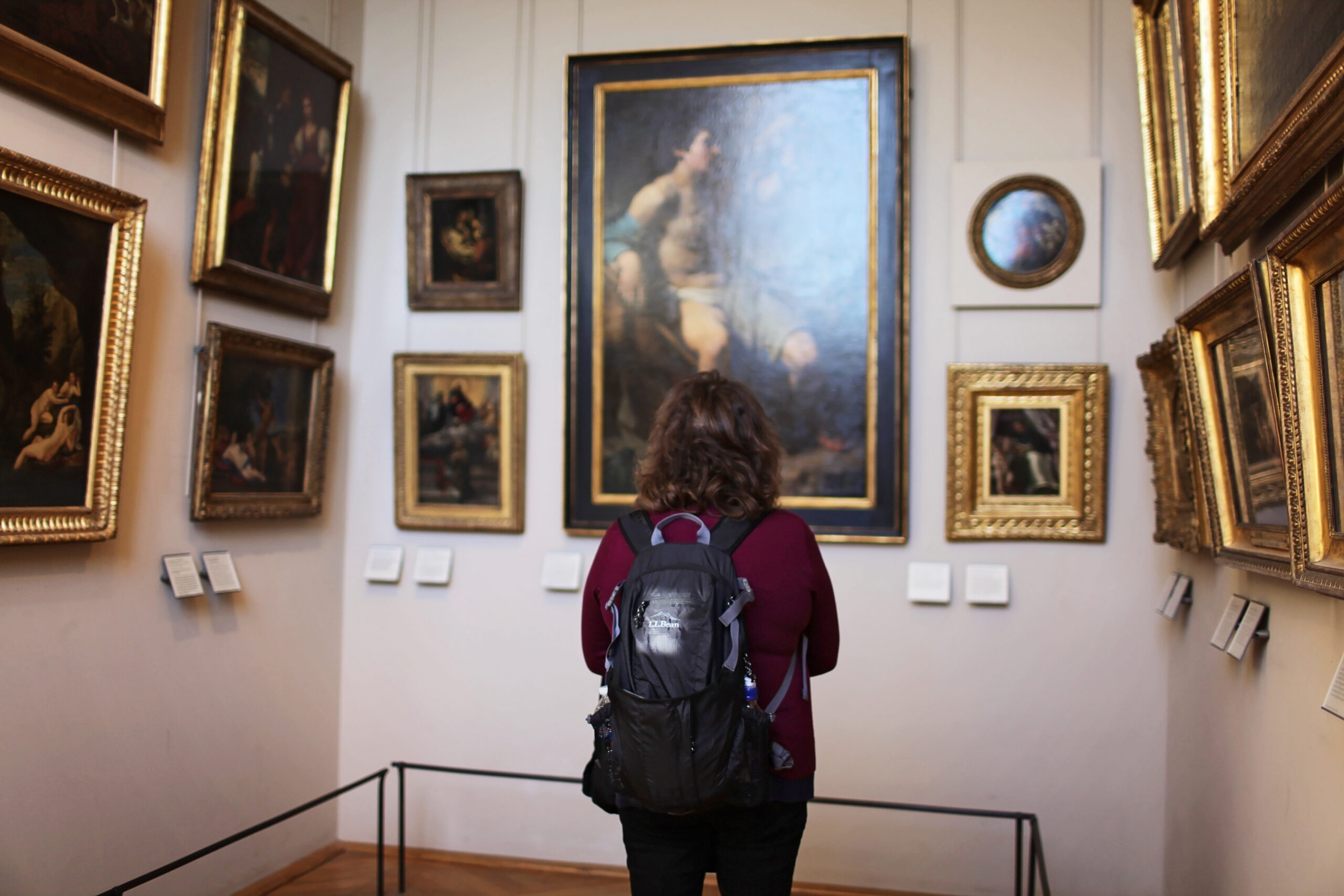
These days, museums might not be open — but eventually they will be. Many museums are also offering free virtual tours, meaning that you can learn together in the safety of your own home.
Museums are also a good way to make sure your children are getting factual information. Sometimes, stories get skewed based on the person who's telling them. But since museums are a great form of education, you can have faith that your children are absorbing facts, not lies.
2. Sign Up for a War Reenactment
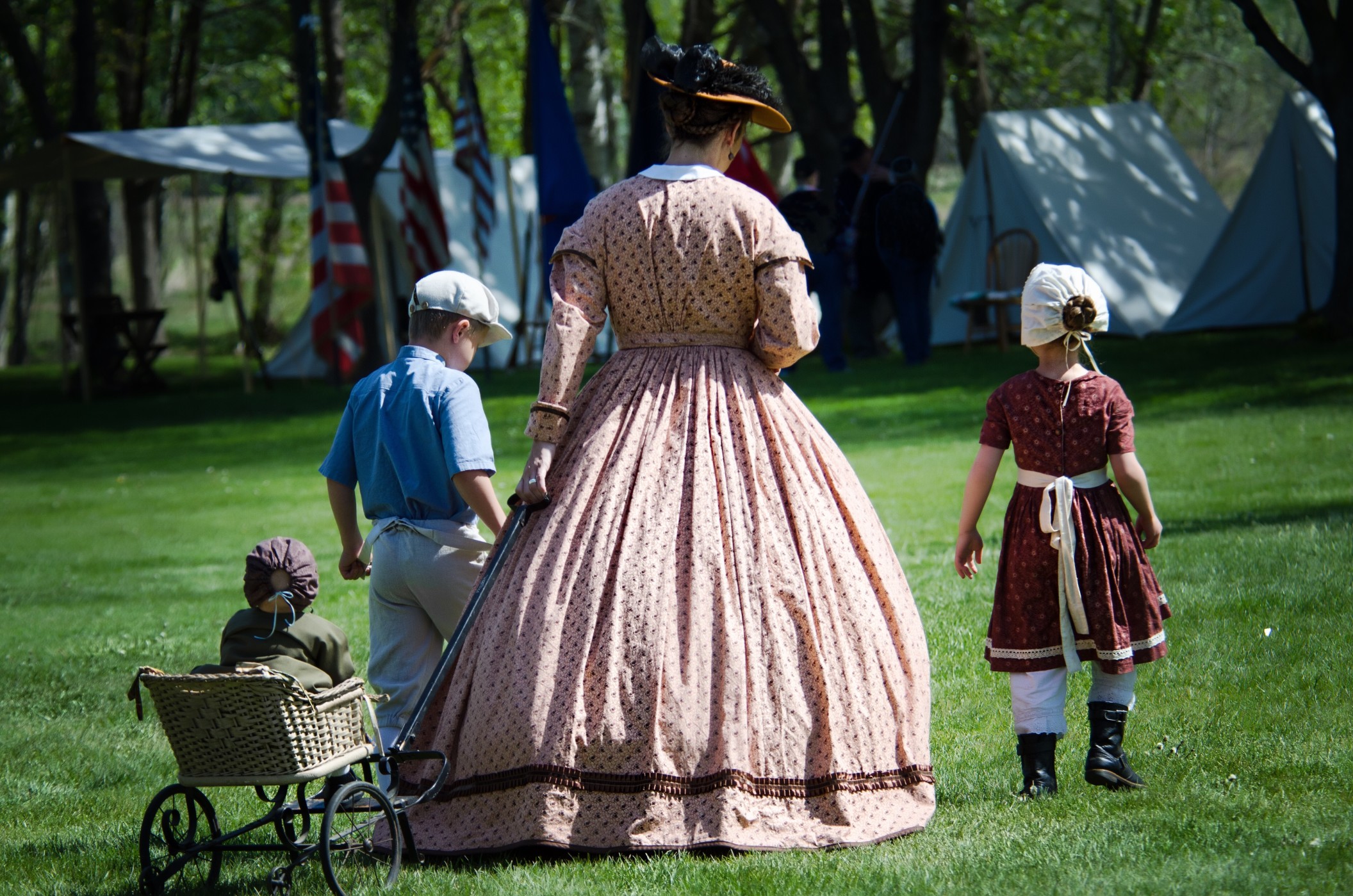
Who knows? Your kids might really be into it. One group that does children's reenactments is the Lexington Historical Society. Events right now are canceled, but they'll likely be up and running again when the world is in better shape.
This particular program is ideal for children between first and eighth grades. If it's too far away, and there are no similar events happening locally, you should consider starting your own if you're a fan of reenactments.
3. Try Cooking or Baking Ancient Recipes
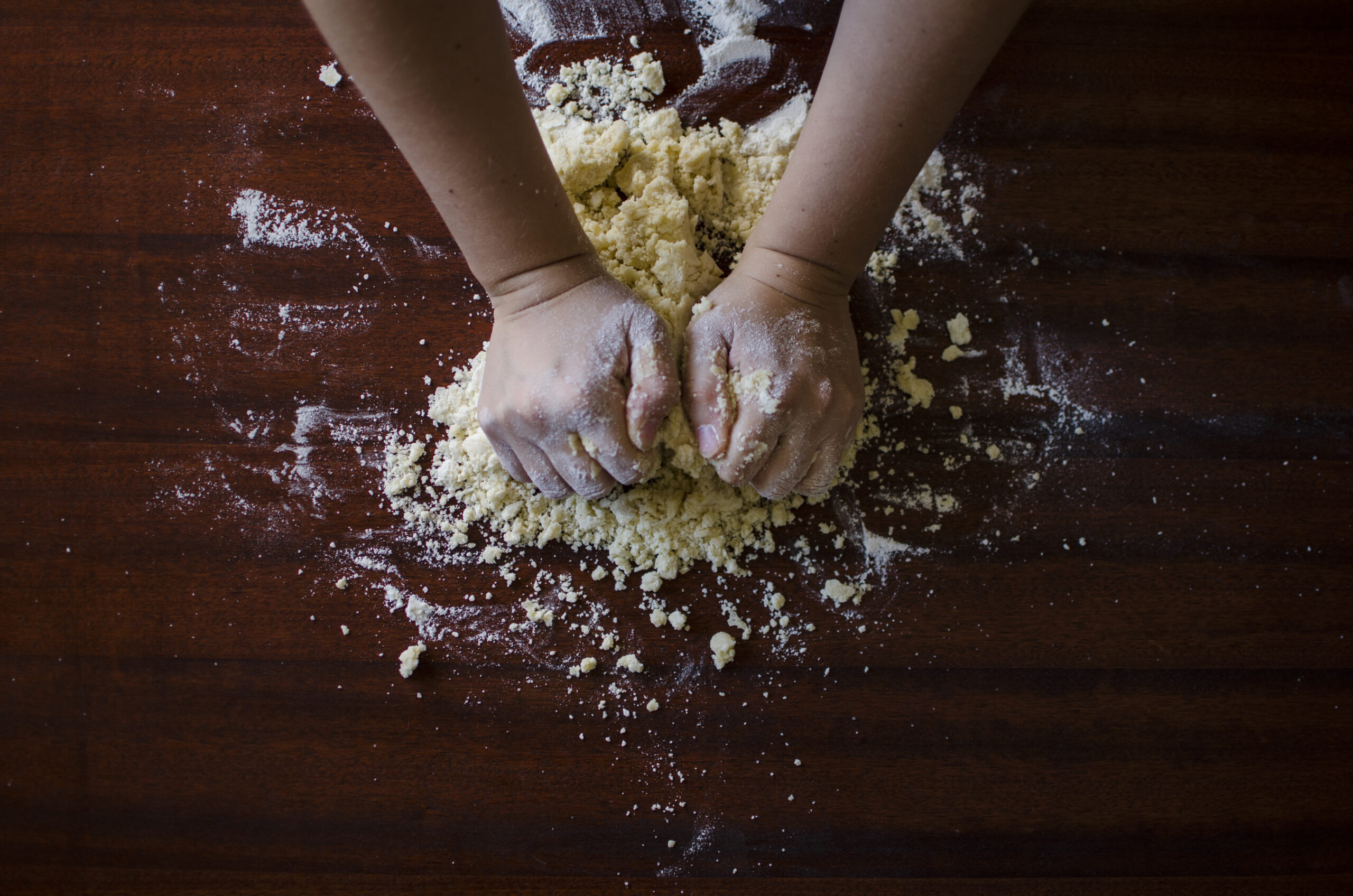
There's one thing we've always had in common with our ancestors — food. Food goes through trends, and what may have been a delicacy in the '70s is now something that would never make it on the menu. I'm looking at you, Jell-O mold.
If you're looking for inspiration, Tori Avey has a blog that's focused entirely on historical dishes. Many of the recipes are from old magazines or were inspired by notable figures from the past.
4. Watch 'Hamilton'
I mean, you were probably going to do it anyway — right?
The hit musical by Lin-Manuel Miranda made its way onto Disney+, meaning that anyone with a subscription can watch it. While it's still a work of fiction, Lin-Manuel has gone on the record to say that he "felt an enormous responsibility to be as historically accurate as possible." And thus Alexander Hamilton got a boost in popularity.
"This is a story about America then, told by America now," he said to The Atlantic.
5. Do a DNA Kit Together
Some people are a little scared to see what'll come up, but kits from 23andMe and Ancestry can be incredibly beneficial. For one, just a vial of spit will tell you where your ancestors came from.
If you're curious about your genetics, it's an educational experience. It's also fun for kids to learn more about who they are and who their relatives are. History doesn't have to be found in a book. As people, we're all individually making our own history and mark on the world.
You can also take things back further and see if you and your children are related to anyone notable.
6. Talk to an Older Relative
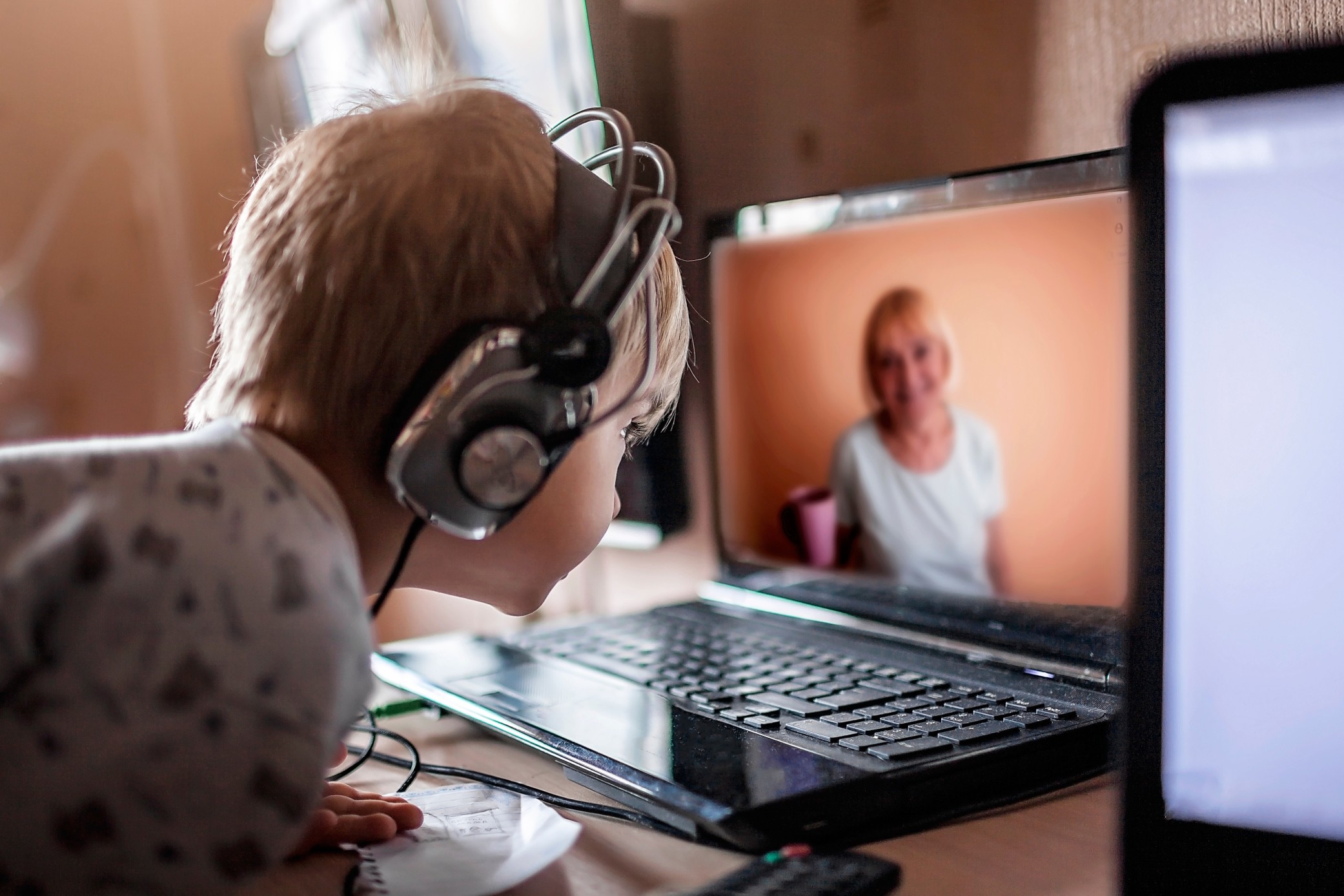
Much like all of us remember where we were on September 11, 2001, older relatives can tell you about what it was like to live through certain disasters and notable eras. And they'll probably love to tell you their story.
If you have a lot of older relatives, you can schedule phone "interviews" with your children. You can prep them on a certain topic, like World War II or the Great Depression, and help formulate great questions.
7. Watch Historical Movies

Historical movies are often critically acclaimed. While many of them are fictionalized, most try their hardest to showcase events as they happened. Even watching a movie set in a specific time period is a great way to learn more about history.
There are so many historical films out there worth watching, but here are just a few if you're looking for some inspiration: 12 Years a Slave, All The President's Men, Schindler's List, Saving Private Ryan, and — of course — Apollo 13.
8. Check Out Cultural Events
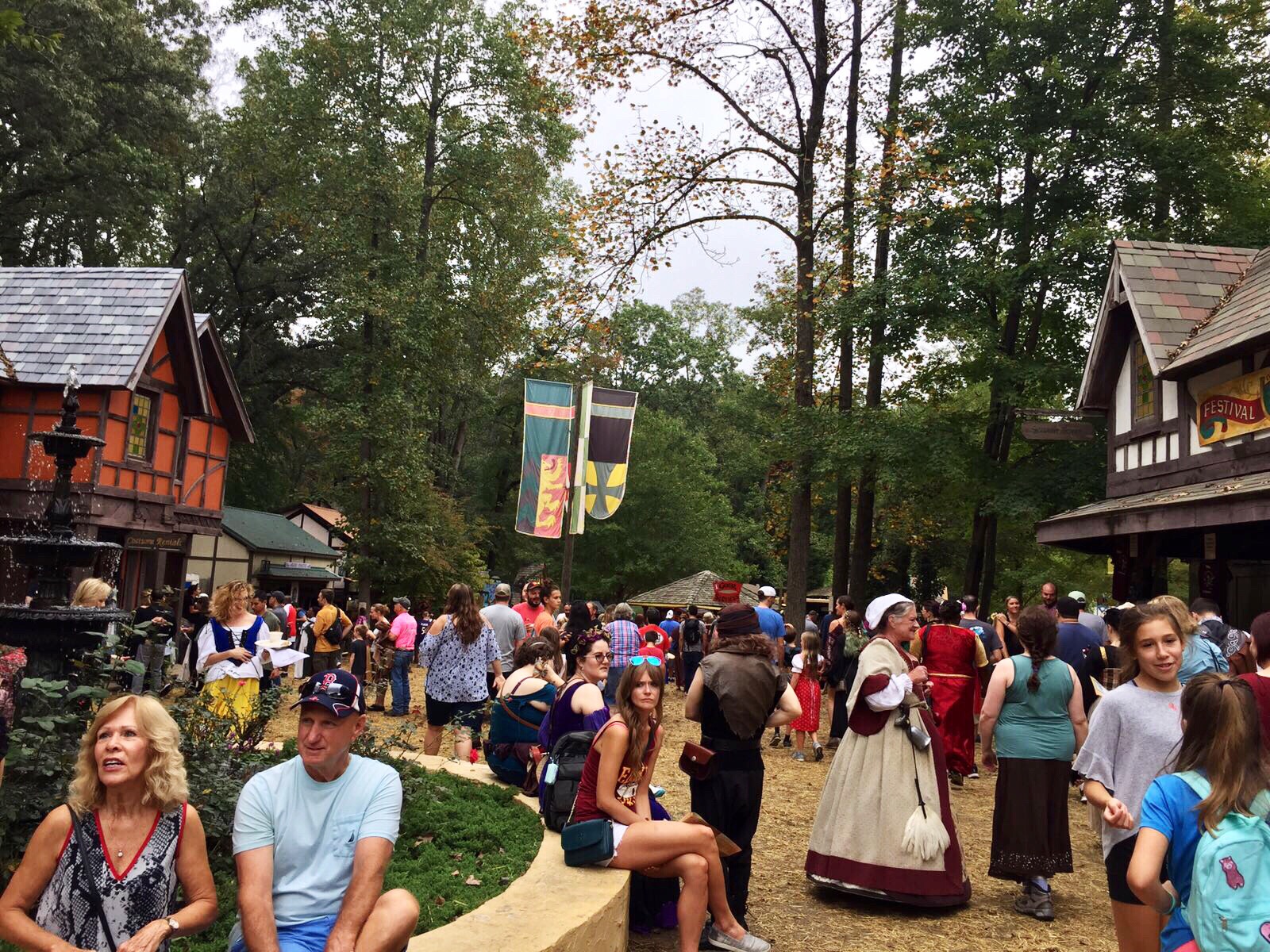
There likely aren't as many cultural events happening this summer as opposed to most, but when things are a bit more under control, it's something worth checking out. Sometimes, experiencing something new will inspire your children to do further research.
One example is Camp Hearne. Located in Texas, it was used to house prisoners of war. It offers a Living History Event that seemingly happens annually. When it occurs, visitors are encouraged to dress in period-appropriate attire.
9. Create Paintings of Historical Icons
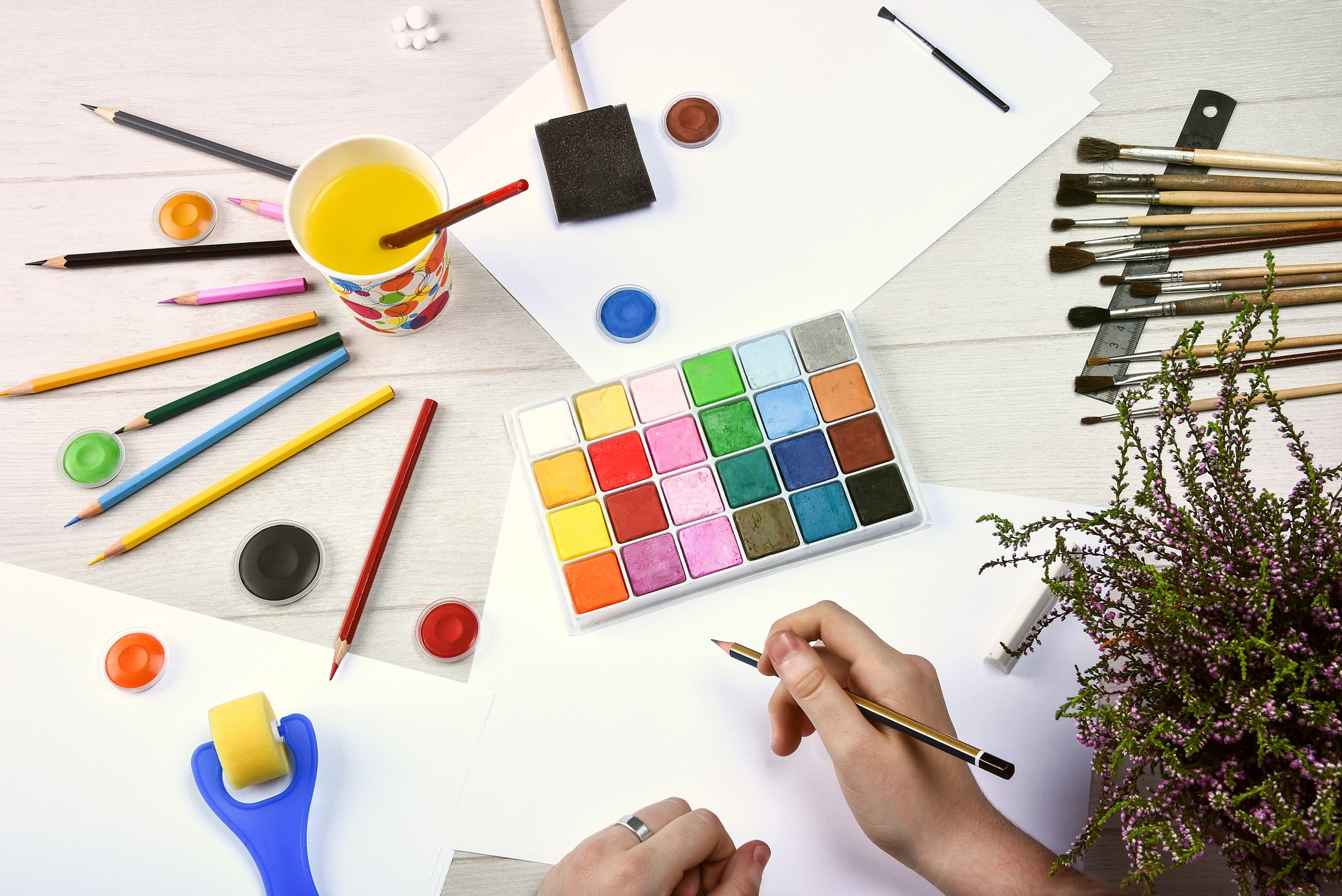
A good way to introduce new faces and figures into your child's life is to create portraits of them. By painting an icon, your children will find a creative way to commit their faces to memory. Also, it's a personal way to learn about someone. If it just so happens to boost their love of art, even better.
If painting isn't your thing, you can also work on sculptures — or even collages to commemorate someone's efforts to improve our world.



